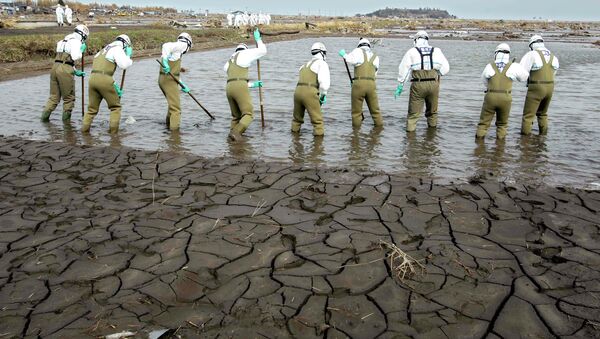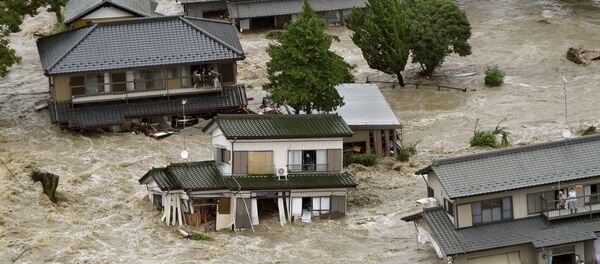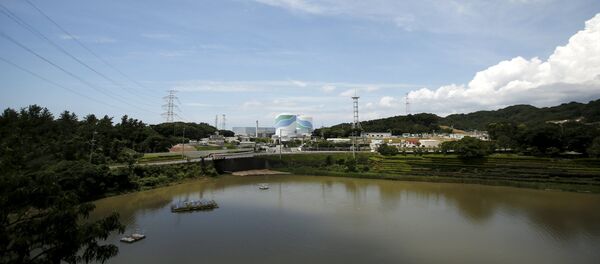Tokyo Electric Power Co (TEPCO), which operates the plant, discharged 850 tons of formerly contaminated water it had extracted from the ground near the plant into the sea, reported Agence France-Presse.
Monday was the first time the plant, whose reactors went into meltdown after being hit by a massive tsunami in March 2011, has released once-radioactive water into nature.
Fishermen had fought the release of the water into the sea, even after it had been decontaminated, but they eventually relented to TEPCO.
Dale Klein, the chairman of a committee created to ensure the nuclear meltdown is never repeated, said 680,000 tons of other highly radioactive water used to cool the reactors four years ago and which is still kept in tanks in the plant could be dangerous.
"The risk that you run is that you have all these tanks full of water," Klein told AFP in an interview.
"The longer you store the water, the more likely you are going to have (an) uncontrolled release," he said, adding that he would like to see the supplies released from storage in the next three years.
Four years after the meltdown, TEPCO is still extracting some 300 tons of contaminated water from the ground every day, AFP reported.
"I would much rather see Japan move to a long-term solution of the controlled release, rather than have an unexpected release" that could be caused by pipe breaks or other failures, said Klein.
Earlier this month, flooding from by a typhoon caused hundreds of tons of radioactive water to leak from the Fukushima plant into the sea, and washed away hundreds of bags of radioactive material that had been collected in the cleanup.






